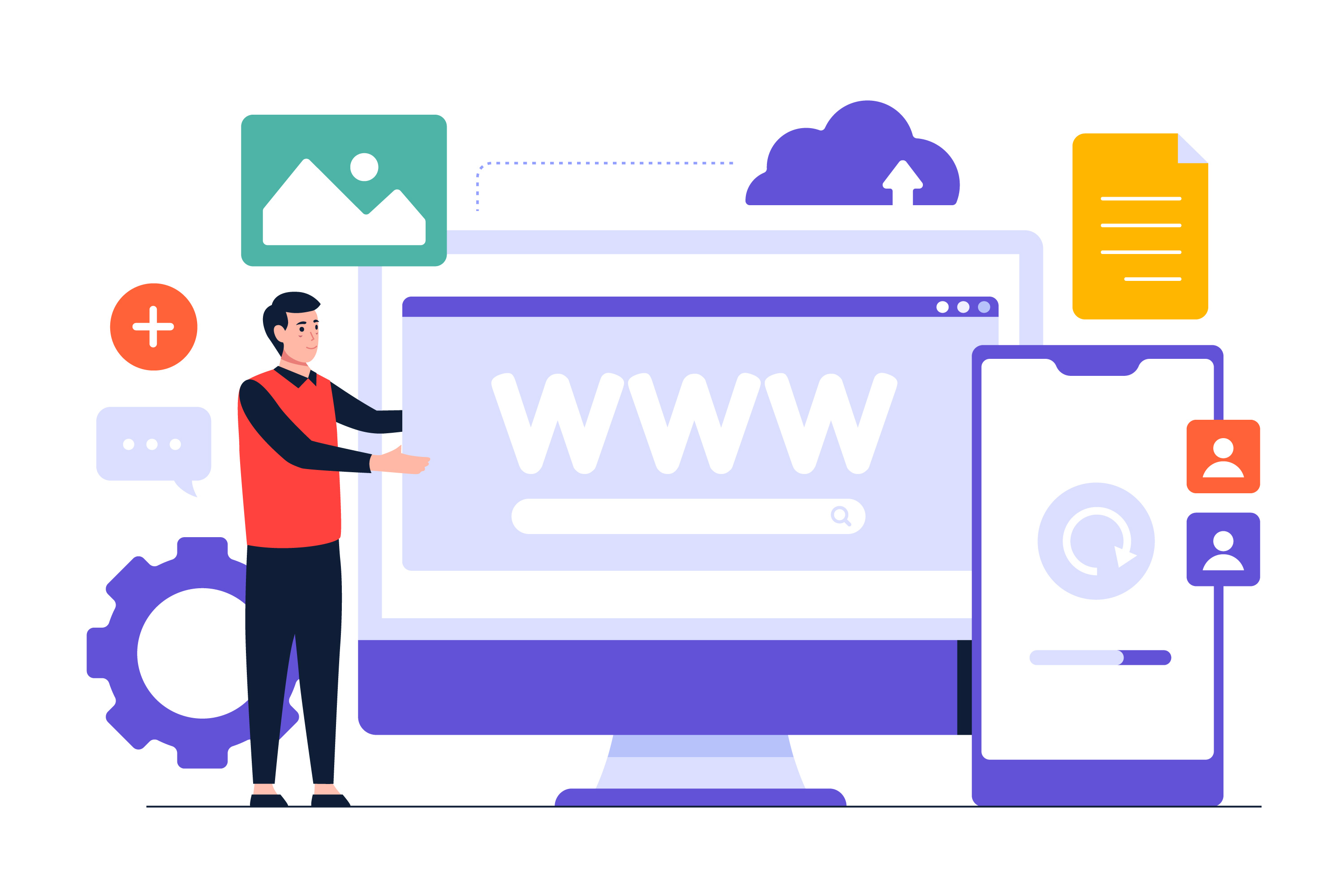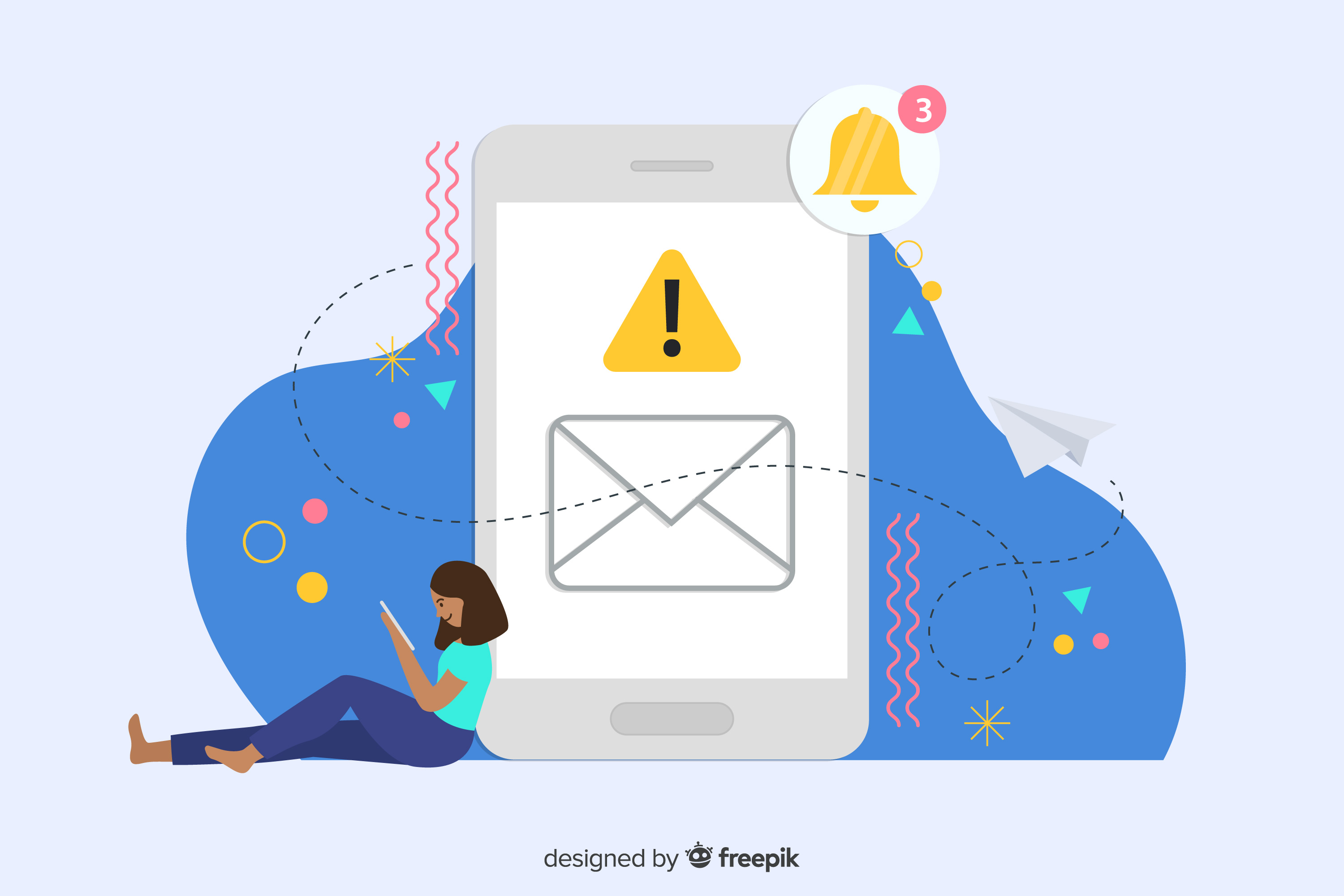

Updated:
September 23, 2025
Published:
September 23, 2025
Mobile App Marketing: Tips For More Success
App marketing is a crucial step after actual app development. Even the most technically sophisticated application has little chance of success if there is a lack of clear and well-thought-out marketing. If you want to successfully position a mobile app in the Google Play Store or other platforms, you need a targeted strategy that coordinates various measures.
Central goals in app marketing are increasing downloads, long-term user loyalty and building a strong brand presence. Potential users can be addressed, activated and permanently inspired by the app via suitable channels. In this article, we show which factors play a role in marketing apps and how effective marketing can be implemented in everyday life.
Why app marketing is crucial
Millions of applications are competing for attention in major app stores. In such a dynamic industry, it is not enough to develop a functioning app. It is crucial that potential users also discover them. A well-thought-out app marketing strategy ensures that the application reaches the relevant target group at the right time via the right channels.
Visibility in the search engines of app stores is a central element of successful app marketing. Whoever is found there increases the number of downloads and also increases the chance of conversion and active user loyalty. A successful app is characterized by technical quality and the ability to activate and retain users in the long term.
Targeted app marketing supports return on investment by bundling measures aimed at sustainable growth. The right marketing strategy ensures that an app doesn't get lost in the crowd. It helps to be present in users' everyday lives and to remain relevant in the long term.
Target group analysis and positioning for mobile app marketing
Before an app can be successfully marketed, it is crucial to know exactly the target group. If you understand the needs, interests and expectations of potential users, you can target your marketing measures. Precise segmentation of the various target groups is crucial for success in mobile app marketing.
Methods such as surveys, interviews or the evaluation of existing user data using analytics tools are suitable for target group analysis. This information helps to create clear user profiles and adapt communication measures accordingly.
A further step is to define your own positioning in the market. If you want to successfully promote your app, you need clear unique selling points. The so-called USPs (Unique Selling Points) make it clear what distinguishes the application from existing offers in app stores. The more clearly this positioning is formulated, the more effectively communication channels and content can be tailored to the target group.
App Store Optimization (ASO) as an app marketing strategy
App store optimization is a central part of every app marketing strategy. The aim is to increase the visibility of the app in the Apple App Store and Google Play Store in order to generate more downloads and position the app effectively. Optimization starts with choosing a meaningful app name and a concise subtitle, both of which should include relevant keywords.
Meta data is another important factor. This includes the descriptive texts, keywords, categories and other content that search engines evaluate within app stores. If you choose the right terms, you can specifically improve visibility and increase organic traffic.
Visual elements such as the app icon, screenshots and video previews also contribute decisively to optimization. They help potential users understand the app at first glance and increase the chance of a download. The high quality of this content has a direct effect on the conversion rate.
Tools such as Sensor Tower are available to analyze and continuously improve App Store optimization. They provide insights into keyword rankings, competitive comparisons, and key figures such as cost per download. In this way, the app can be effectively further developed and continuously adapted to the market.
Paid Marketing & User Acquisition
The targeted marketing of an app via paid channels plays a central role in app marketing. If you want to promote an app, you can rely on various platforms. Google Ads and Apple Search Ads make it possible to address users directly in the respective store and draw attention to your own offerings. Social media marketing on channels such as Instagram, TikTok or Facebook also contributes significantly to the success of an app, as it combines targeted targeting and high reach.
Another effective channel is influencer marketing. Authentic recommendations increase trust in the app, which has a positive effect on download figures. In addition, cross-promotion with other apps can help to expand existing target groups and attract new users.
Important key figures in app marketing are CPI (Cost per Install) and LTV (Lifetime Value). They provide information about how efficient a campaign is and how much a acquired user is worth in the long term. Through targeted targeting and retargeting, campaigns can be continuously optimized to achieve maximum ROI.
Content marketing & community building for apps
Content is an essential part of every successful online marketing strategy. Formats such as blog articles, videos, tutorials or webinars are suitable for keeping an app relevant and attracting new users organically. This content helps to increase visibility and make the app discoverable for interested target groups. A search engine optimized landing page helps users become specifically aware of the app via SEO.
Social media also offers many opportunities to get in touch with potential users. Anyone who regularly posts content here that offers real added value increases reach in the long term and increases the chance that more people will be interested in the app. In addition, authentic reviews promote trust and improve positioning in stores.
A strong community building supports long-term app success. Loyal user groups can be built up via platforms such as Telegram, Discord or classic forums. Newsletters enable regular updates and strengthen brand loyalty. Feedback, surveys, and user-generated content show that community opinion counts — an important factor in a market with millions of apps, where every detail can make the difference.
Push notifications & retention strategies for a successful app
Push notifications are an effective tool for actively promoting app use and getting users to return to the app. It is crucial that content is sent at the right time and tailored to the needs of users. This is the only way to create real relevance and to keep the app constantly in memory.
Personalization plays a central role. If you send messages based on user behavior and individual preferences, you increase the interaction rate and strengthen the relationship with the app, while using intelligent timing to avoid unnecessary interruptions.
In addition to push notifications, other measures are important to increase retention. Gamification elements, such as levels or progress indicators, motivate regular use. In-app messages provide information about new features or events and provide a direct communication channel. Reward systems and loyalty programs also help users discover, try out and use the app over the long term.
Analytics & KPIs monitoring
A successful marketing process requires continuous analysis and evaluation of all measures. If you define and regularly review the right KPIs, you can identify at an early stage which channels are working effectively and where there is a need for optimization. In this way, the performance of the app can be continuously improved and long-term success ensured.
The most important key figures include the number of downloads and installations, daily or monthly usage (DAU/MAU), the retention rate and the churn rate. The Lifetime Value (LTV) also provides information on how much a user is worth on average over the course of their time with the app. These metrics help to better assess the value of each marketing channel and to specifically promote user loyalty.
Tools such as Firebase Analytics, Mixpanel, Adjust or Appsflyer offer deep insights into user behavior. They help to understand which functions of the app are used most frequently, how users find the app in the App Store and what hurdles there are when deciding to download an app. Regular evaluations make it clear which content is convincing and where should be improved to ensure that the app works. Anyone who wants to test and further develop their app based on data needs well-thought-out KPI monitoring as an integral part of their strategy.
Best practices for app marketing 2025
To ensure the long-term success of their app, companies should rely on proven and future-oriented strategies. Effective app marketing ideally starts before the actual launch. Pre-launch campaigns help attract first users, generate attention and prepare the market for the new product.
A balanced mix of organic and paid measures is important to increase visibility and reach. Anyone who shares content on social channels, does SEO for landing pages and places ads in parallel creates a good basis for generating downloads in various app stores.
Even after launch, the app should be continuously optimized. User feedback and analysis data show which functions are well received and where adjustments are necessary. In order to effectively further develop an app, it is worth looking at current technologies such as augmented reality, AI-supported personalization or UX design with dark mode.
These trends help improve the user experience and motivate more users to download and actively use the app. Anyone who regularly tests, introduces new features and responds to changing user needs significantly increases the chances of success of their app.
Conclusion: Marketing leads to app success
Anyone who develops an app must plan a suitable marketing strategy at an early stage in order to be successful in the long term. App marketing is a continuous process and involves much more than one-off advertising measures. In order to make the most important functions of the app visible and to exploit the full potential, a clear strategy and continuous optimization are required.
The combination of app store optimization, paid advertising, high-quality content and data-based analysis is essential to effectively market an app. Anyone who continuously improves their app creates a stable basis for attracting new users and retaining existing ones permanently.
It is crucial to arouse interest, increase downloads and generate an app that is used regularly. It is particularly important to ensure that the app stands out directly in the App Store and motivates users to download and actively use it.
If you want to successfully market your app, talk to the experts at KNGURU. We help you develop an individual strategy that is tailored exactly to your project and target group.


Zwischen Agenturalltag und Startup - unser Blog
In unserem Blog teilen wir Tipps rund um das Thema Appentwicklung, Startups und einige verrückte Geschichten aus unserem Agenturalltag mit euch.
Book yours free Video call
Do you want to talk to our team about your project and just hear what we could do for you? Then simply book a free video call with us now!







.gif)